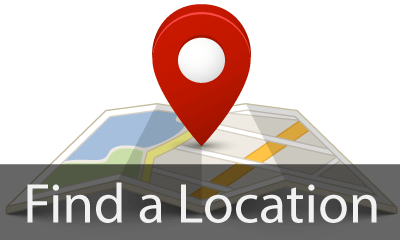These days, everything seems to take place at breakneck speed. Email, text messages, Skype, and Siri have created a culture where the answer is at your fingertips twenty-four hours a day. Unfortunately, some tasks are rooted in tradition and still require some human interaction. For example, passport applications for minors require a signature and notarization from any parent who cannot be present. Or, sworn financial statements for legal proceedings require notarization to validate the document’s authenticity.
In case you were wondering, the office of the notary public traces its origins back to the ancient Republic of Rome. Before the days of Cicero (106-43 B.C.), this person was called scribe - scribae, writer - tabelliuis, or notary - notarius. The notary public is the oldest continuing branch of the legal profession across the world. And, here’s an interesting fact: “notaries public” is the plural of notary public (not notary publics).
 The National Notary Association defines notarization as “the assurance by a duly appointed and impartial Notary Public that a document is authentic, that its signature is genuine, and that its signer acted without duress or intimidation, and intended the terms of the document to be in full force and effect.” Additionally, the NNA explains that the value of the role of notary public is invaluable: “Across the nation every day, the process of notarization prevents countless forged, coerced and incompetent signings that would otherwise overwhelm our court system and dissolve the network of trust allowing our civil society to function.” In the United States, there are an approximate 4.5 million notaries, more than in other countries where notaries at law are more common. And, conveniently, many Pak Mail stores around the country offer notary services in addition to general business services.
The National Notary Association defines notarization as “the assurance by a duly appointed and impartial Notary Public that a document is authentic, that its signature is genuine, and that its signer acted without duress or intimidation, and intended the terms of the document to be in full force and effect.” Additionally, the NNA explains that the value of the role of notary public is invaluable: “Across the nation every day, the process of notarization prevents countless forged, coerced and incompetent signings that would otherwise overwhelm our court system and dissolve the network of trust allowing our civil society to function.” In the United States, there are an approximate 4.5 million notaries, more than in other countries where notaries at law are more common. And, conveniently, many Pak Mail stores around the country offer notary services in addition to general business services.
The following are just some of the common documents that require notarization:
- Wills, deeds, and trusts
- Any documents that transfer tangible property assets from one person to another, including:
- Deed of Trust
- Grant Deed
- Quitclaim Deed
- Interspousal Deed
- Any documents that transfer tangible property assets from one person to another, including:
- Power of Attorney (POA)
- Long distance documents and agreements
- Any agreements executed between parties who cannot be in the same physical space
- Certain medical documents
- Living wills – documents regarding what type of medical treatments a person wishes to request or deny
- Health care proxy – document authorizing another person to make the medical care decisions when the patient cannot be consulted directly
- Do not resuscitate order (DNR) or No Code
- Real estate documents
- Adoption or guardianship documents
- Divorce documents
- Visa and passport documents
- Documents that require Apostille
- Often, documents that are being sent to other countries will require notarization before they can get an Apostille
Unless you know one personally, finding a notary public on short notice can be difficult. Luckily, many of Pak Mail’s 500+ locations are staffed with a licensed notary public. There is no appointment required to utilize notary services at any of our locations, but it is a good idea to call your Pak Mail local store to confirm before heading over.

